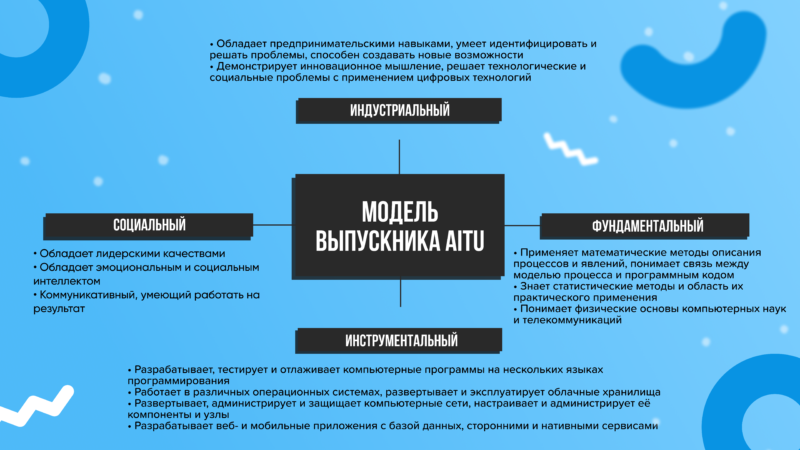The course will introduce you to the verbal genres of journalism, such as interviews, discussions, debates, public speaking. Students will study such verbal tools as questions and their types (closed, open, alternative), pauses, interpretations, self-disclosure, paraphrase or reflection. The theory will be reinforced by practice, including in the studio, in order to consolidate the skills of verbal communication, which are the foundation for building relationships between journalists and the heroes of the materials and their disclosure in front of the camera or dictaphone, establishing a wide range of professional contacts, networking.


